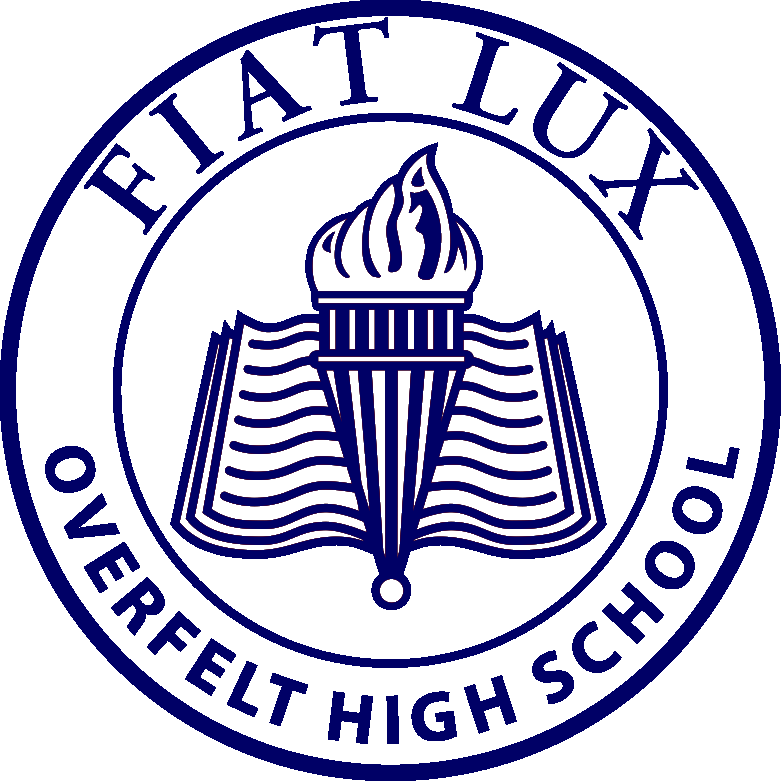The Reformation
I. The Catholic Reformation
- A. The Reformation Popes
- 1. Renaissance popes such as Julius II concentrated their energies on commissioning art, building a new St. Peter’s, and enhancing the power of their own families.
- 2. Beginning with Pope Paul III (1534-1549), a new generation of popes committed themselves to appointing reform-minded officials, enforcing strict moral standards, and creating new religious orders.
- B. The Council of Trent
- 1. Reaffirmed Catholic doctrines
- The Council of Trent rejected Luther’s doctrine of justification by faith and reaffirmed that salvation is achieved by both faith and good works.
- The council rejected the Protestant belief in the supremacy of the Bible and reaffirmed that equal weight should be given to Scripture and to traditional Catholic teachings.
- It rejected Luther’s contention that there were just two sacraments and reaffirmed that there were seven sacraments.
- 2. Reformed church abuses
- The council decreed that indulgences should no longer be sold in exchange for financial contributions.
- It forbade simony, the sale of church offices.
- The council instructed bishops to live in the dioceses they served.
- 3. Reasserted traditional practices
- The council reaffirmed the veneration of relics and images as valid expressions of Christian piety.
- It confirmed the Vulgate as the authoritative Catholic edition of the Bible.
- It decreed that Latin continue to be the language of worship.
- 4. Resisted limiting papal authority
- The council ruled that no act of a council could be valid unless accepted by the Holy See.
- It preserved the papacy as the center of Catholic unity.
- C. The Jesuits
- 1. Ignatius Loyola (1491-1556)
- Ignatius was an unknown Spanish soldier who suffered a severe injury while fighting the French.
- During his recovery, Ignatius experienced a religious conversion. He resolved to become a soldier of Christ and dedicate his life to fighting for the pope and the Catholic Church.
- 2. Society of Jesus
- In 1540, Pope Paul III formally authorized the Society of Jesus. Those who joined were called Jesuits.
- Led by Ignatius, the Jesuits were a spiritual army that emphasized iron discipline and absolute obedience.
- Ignatius wrote The Spiritual Exercises, detailing a system of disciplined meditation, prayer, and study.
- 3. Activities of the Jesuits
- Catholic education: Jesuits founded hundreds of schools for middle-and upper-class boys. Jesuits were especially prominent as confessors and advisors to royal families.
- Missionary work: Jesuit missionaries played a key role in preaching Christianity in the Americas and Asia.
- Combating Protestantism: Jesuits spearheaded the revival of Catholicism in Bavaria, the southern Netherlands, and Poland.

